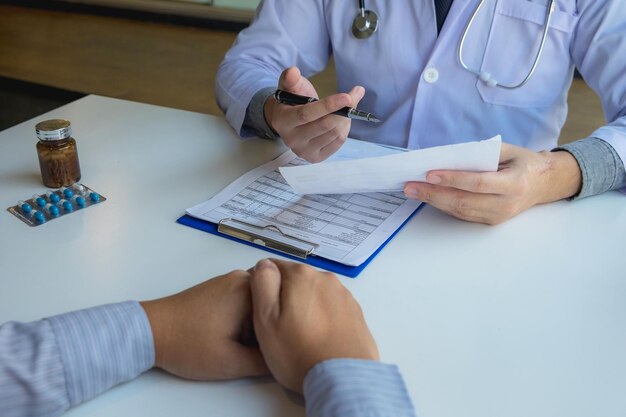How to Become a Medical Biller: Essential Degrees and Certifications
Embarking on a career as a medical biller is a promising choice in the ever-growing healthcare industry. As a medical biller, you'll play a crucial role in managing billing procedures, ensuring accurate patient information, and facilitating smooth financial transactions. To thrive in this field, obtaining the right combination of education and certifications is essential. While a formal degree isn’t always mandatory, many employers prefer candidates with an associate's degree in health information technology or a related field. This foundational education provides invaluable insights into medical terminology, coding, and healthcare systems, setting the stage for success.
Certifications can significantly enhance your employability and expertise. The Certified Professional Biller (CPB) credential from the American Academy of Professional Coders (AAPC) or the Certified Billing and Coding Specialist (CBCS) from the National Healthcareer Association (NHA) are highly recommended. These certifications not only validate your skills but also ensure you are up-to-date with the latest industry standards. Whether you're entering the workforce or seeking to enhance your career, specialized training programs and credentials can distinctly set you apart, paving the way for a rewarding journey as a medical biller.
Education and Certification Pathways for Aspiring Medical Billers:
- 🎓 Associate's Degree: Health Information Technology
- 📜 Certification Options:
- Certified Professional Biller (CPB) - AAPC
- Certified Billing and Coding Specialist (CBCS) - NHA
- 🏫 Training Programs: Industry-specific training courses and workshops
- 📖 Continual Education: Staying updated with new billing software and regulations
Engaging in these educational opportunities can help you build a successful career in medical billing, ensuring you're well-prepared to meet the dynamic needs of the healthcare industry.
